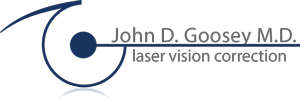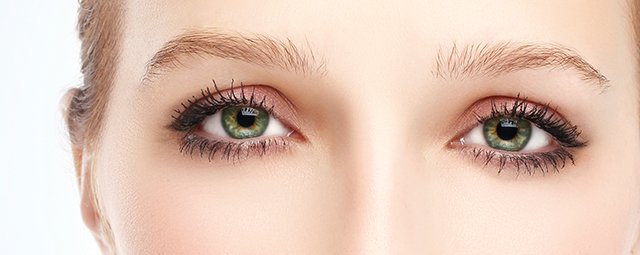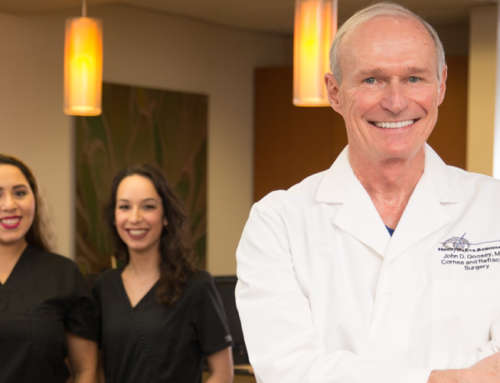LASIK (also known as Laser-Assisted in situ Keratomileusis) is the procedure most commonly performed refractive surgery to correct myopia, hypermetría, astigmatism and presbyopia.
The decision to have LASIK surgery should be based on realistic expectations, and can be very successful when done in the right patients, but is not a procedure for everyone.
Here, we will discuss some tips and important things to know if you are a suitable patient for LASIK:
The allowable age to perform LASIK surgery is controversial; however, patients between 18 and 60 years old can be considered suitable for this procedure. If you are under 18, it is likely that the refractive defect has not yet been stabilized and despite LASIK, can continue to have fluctuations in vision. In people over 60 years, the presence of cataracts is inevitable, disrupting the desired effects of surgery.
If you are breastfeeding, pregnant or plan to become pregnant in the next six months, you are NOT a good candidate for LASIK. These conditions induce temporary fluctuations in the refractive error of the patient as well as impaired wound healing by LASIK.
In patients with autoimmune diseases or connective tissue diseases (lupus, rheumatoid arthritis, nodular nodosa, AIDS, scleroderma or immune compromised for some reason) LASIK surgery is contraindicated by the FDA, abnormal and unpredictable reactions with LASIK.
If you are diabetic, LASIK surgery can be performed without any problems. However, in poorly controlled insulin dependent patients, the disease can cause some problems. The vision is variable in these patients, high levels of blood sugar causes the eye to become more myopic, making questionable the actual amount of myopia that will allow the surgery to be performed. The risk that the patient is looking perfect in these cases is difficult.
For patients with diabetes, cataracts appear early and may require surgery cataract extraction and lens implantation, rather than the normal population.
In diabetic patients, the healing of surgical wounds is slower, increasing the risk of infections. Surgery is not recommended in diabetic patients with diabetic neuropathy or retinopathy.
Before LASIK surgery, you should agree to attend all controls session with your doctor, to comply with prescribed medications and request postoperative examinations suggested by your ophthalmologist.
If you are having LASIK surgery, you should understand that this procedure will not likely bring the best result as applicable to the use of glasses. Also be aware that this procedure does not prevent future eye problems such as cataracts, glaucoma or retinal detachment.
The patient must be informed of the reality of the outcome of LASIK surgery, and know that this operation does not guarantee a visual acuity of 20/20 for life, and the procedure can present refractive error for near or distance vision.
Remember these tips are based on theories and scientific foundations, and are not intended that you make a decision without consulting your ophthalmologist personally. So, make consultation with your surgeon to determine the best course of action for you. Above all, anyone is a good candidate for LASIK but THESE demographics are the best.
Take advantage of all the benefits that LASIK surgery can provide with a certified and trusted Houston LASIK surgeon, Dr. John Goosey. Contact us today to schedule a LASIK appointment!





